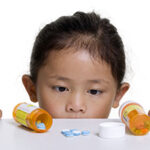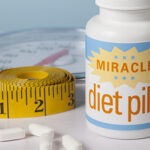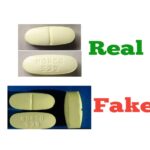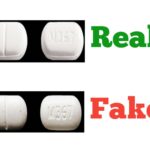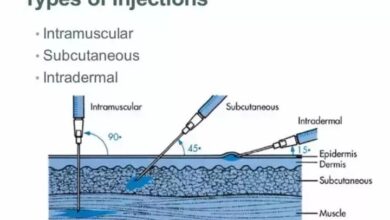How Many Pills Can Kill You?
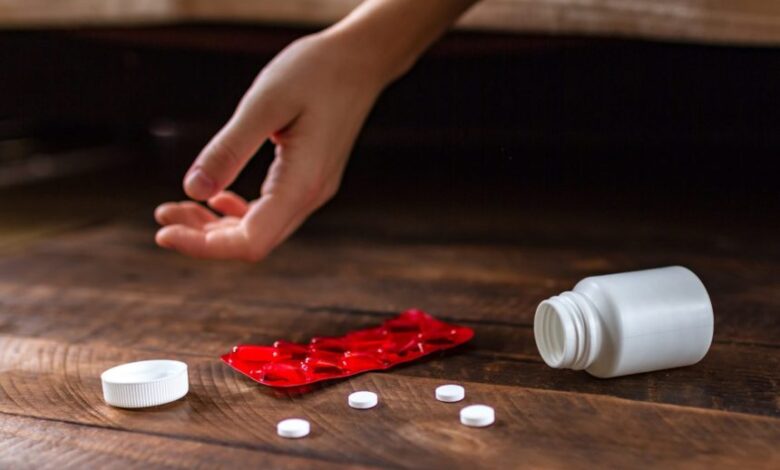
Each year, thousands of people including over 50,000 U.S. children visit the Emergency Department because they swallowed something potentially dangerous. Medicines are powerful lifesavers, but can also be dangerous – especially to babies, children and teens.
A medication is a substance that is taken into or placed on the body that does one of the following things: Most medications are used to cure a disease or condition. For example, antibiotics are given to cure an infection. Medications are also given to treat a medical condition. Drugs on the other hand often refer to substances that change a person’s mental or physical state. They can affect the way your brain works, how you feel and behave, your understanding and your senses. This makes them unpredictable and dangerous, especially for young people. The effects of drugs are different for each person and drug.
There’s a fine line between regular drug use and drug abuse and addiction. Very few drug abusers or addicts are able to recognize when they’ve crossed that line. While frequency or the amount of drugs consumed do not necessarily constitute drug abuse or addiction, they can often be indicators of drug-related problems.
How many pills can kill you?
Any drug can kill, even a single pill can sniff out a life in a matter of minutes. How fast it kills depends on the type, amount and the route of administration of the substance consumed or the frequency of use. In 2019, 70,630 drug overdose deaths occurred in the United States. The age-adjusted rate of overdose deaths increased by over 4% from 2018 (20.7 per 100,000) to 2019 (21.6 per 100,000). Opioids—mainly synthetic opioids (other than methadone)—are currently the main driver of drug overdose deaths.
People from all walks of life can experience problems with their drug use, regardless of age, race, background, or the reason they started using drugs in the first place. Some people experiment with recreational drugs out of curiosity, to have a good time, because friends are doing it, or to ease problems such as stress, anxiety, or depression.
However, it’s not just illegal drugs such as cocaine or heroin that can lead to abuse and addiction. Prescription medications such as painkillers, sleeping pills, and tranquilizers can cause similar problems. In fact, next to marijuana, prescription painkillers are the most abused drugs in the U.S. and more people die from overdosing powerful opioid painkillers each day than from traffic accidents and gun deaths combined. Addiction to opioid painkillers can be so powerful, it has become the major risk factor for heroin abuse.
According to SAMHSA, Two-thirds of teens who misused pain relievers in the past year say that they got them from family and friends, including their home’s medicine cabinets.
Safety of Drugs and Medications
The best way to protect people especially teens and children from unintentional poisoning is to put medicines away safely. Use these tips to keep children from finding medicines in your home:
- Store all medications in a cupboard or high shelf, well out of a child’s sight. In about half of over-the-counter medication poisonings, the child climbed onto a chair, toy or other object to reach the medication.
- Keep medicines in their original containers, with child-safety caps.
- If there are controlled substances (like prescription pain medications or ADHD medicine) consider using a locked box for extra safety.
- Keep track of how many pills are in the bottle and write the start date on the label. This way, if a spill occurs, you’ll know if any are missing.
- When giving your child medicine, lean over a counter or table. This helps contain any accidental spills.
- Any medication can be dangerous, so treat all products with the same respect. We worry about opioids, but some blood pressure and diabetes medications can be fatal to a toddler who swallows only one pill.
- If a medication spills, vacuum or sweep the area as an extra precaution to ensure nothing is missed.
- Dispose of unused medications – especially opioids – at pharmacies, drug “take back” programs or doctors’ offices.
- Know basic first aid and keep the Poison Center Number (1-800-222-1222) stored in your phone.
- Get into the practice of safe medication storage, starting as soon as your baby is born.

